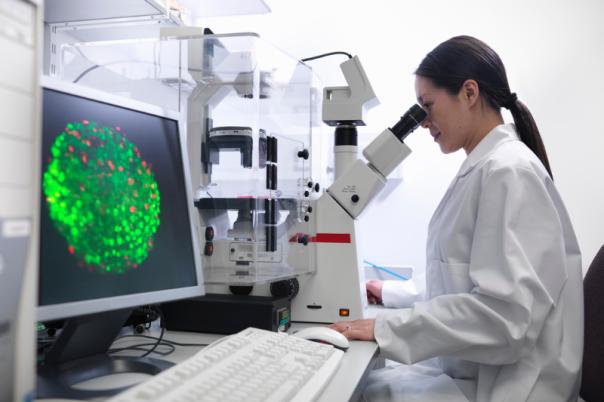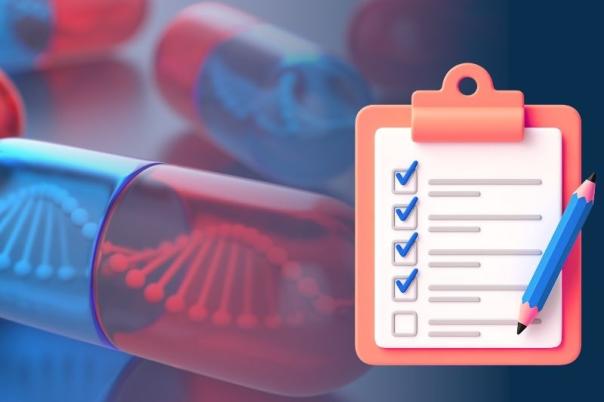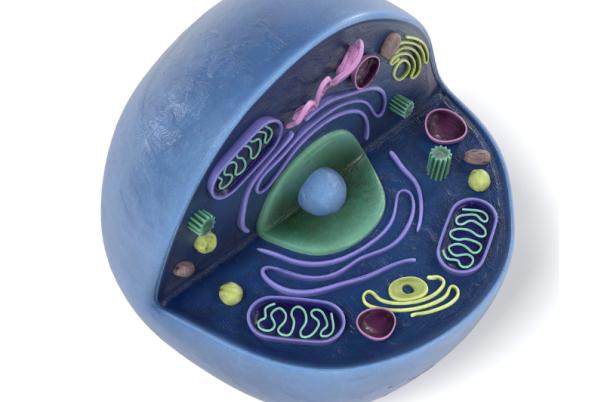Tacalyx takes its name from Tumour Associated Carbohydrate Antigens (TACAs) and Glycocalyx, the layer of carbohydrates that surrounds tumour cells. TACAs are an extraordinary class of molecules that present a great new opportunity as targets in the field of oncology.
The classical scenario in tumour targeting has an antibody target a single epitope on the target protein. These epitopes are often expressed on both normal and cancer cells, which means low selectivity, off target effects, and dose limitation.
TACAs on the other hand are post-translational modifications which involve carbohydrate structures anchored to particular consensus motifs. They are highly specific due to their being oncofoetal antigens which confer functions like metastasis and angiogenesis. Therefore, anti-TACA mAbs hold the potential to label tumor cells and neutralise TACA functions like metastasis, angiogenesis, or immune cell inhibition.
Despite being known about since the 1990s, TACAs are still difficult to target molecules. Firstly, TACAs are very small molecules and highly hydrophilic due to their hydrated carbon chemical structure which makes it hard to build up binding energies. Secondly, TACAs are non-T cell antigens so they don’t fit into the MHC/TCR complex. This means that helper T cell and B cell activation cannot occur, and antibody maturation is not supported. Finally, TACAs are not recognised as foreign molecules due to the fact that they are required for embryogenesis. Therefore, there are no germlines against these molecules, and it is difficult to generate antibodies against them.
TACAs are however validated targets in cancer therapy, with examples such as GD2, which has been successfully targeted in treatments for neuroblastoma. This highlights the potential effectiveness of antibody therapies targeting TACAs.
Sondermann concluded his presentation by outlining two of Tacalyx’s notable product candidates. These included TCX-101 targeting Globo H and TCX-102 targeting CA19-9, both of which show promise in preclinical studies for treating various cancers, particularly pancreatic cancer.
Tacalyx aims to expand the target landscape for cancer therapies by continuing to focus on these carbohydrate structures. The company has developed a robust toolset and identified antibody candidates with high affinity, demonstrating efficacy in preclinical models.






